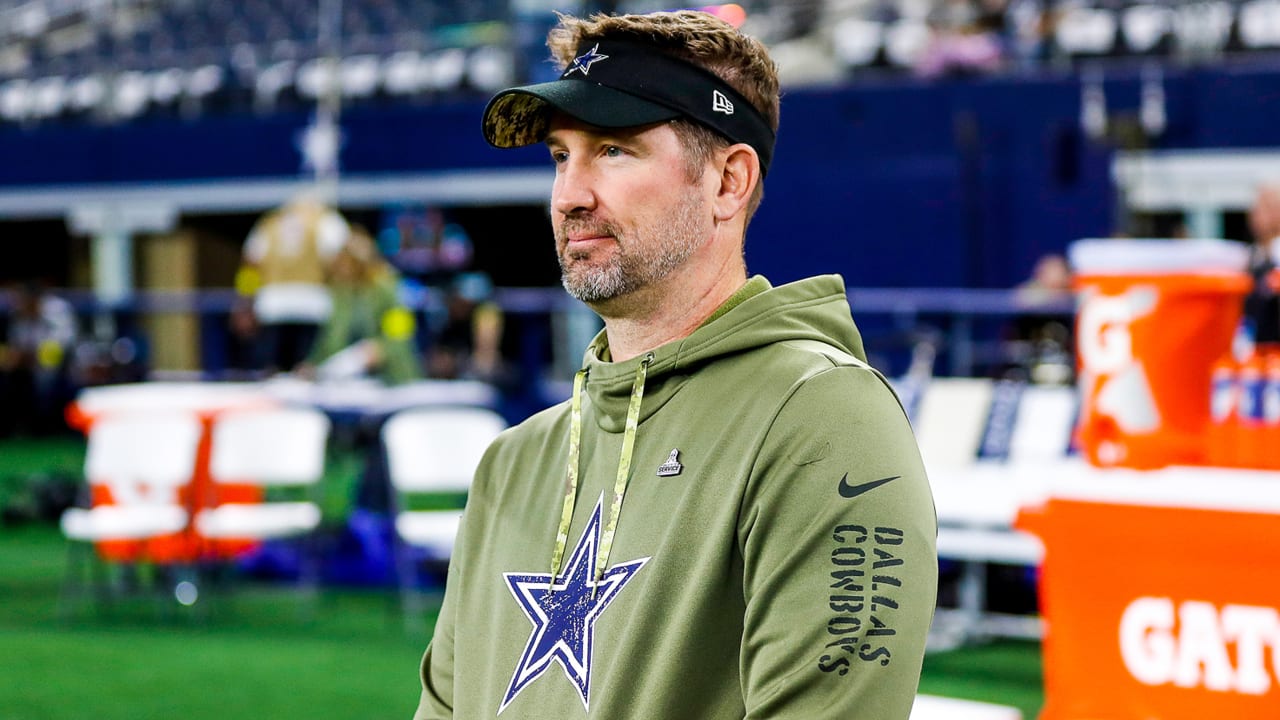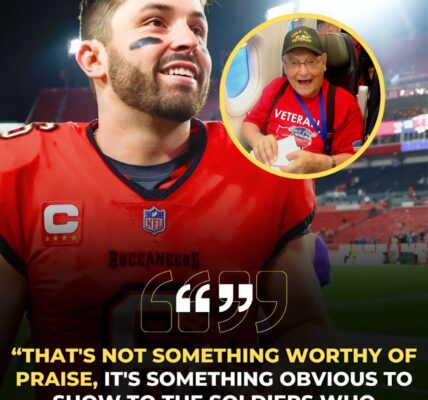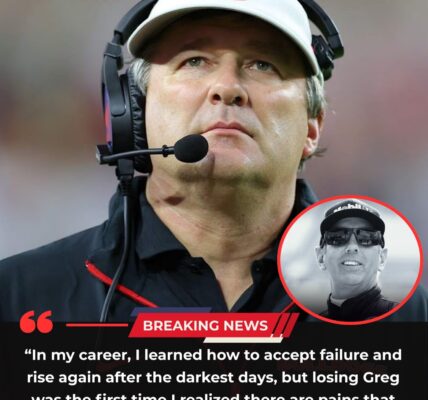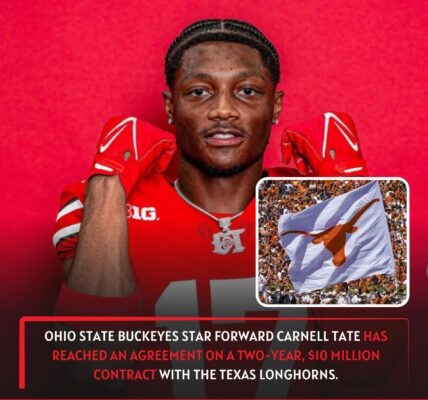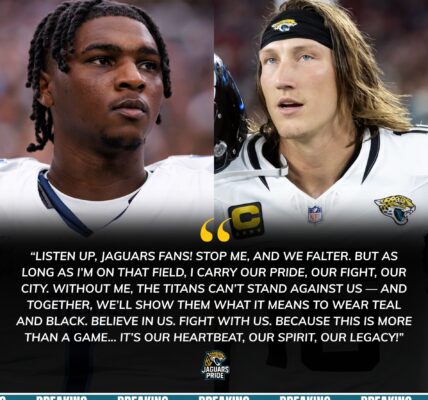Did Cowboys Coach Brian Schottenheimer Call Bad Bunny’s Super Bowl Detractors ‘Bad Fit for America’s Future’?
Did Cowboys Coach Brian Schottenheimer Call Bad Bunny’s Super Bowl Detractors ‘Bad Fit for America’s Future’?
A viral rumor has swept across social media, claiming that Dallas Cowboys offensive coordinator Brian Schottenheimer made a bold statement defending the NFL’s decision to select Bad Bunny as the 2026 Super Bowl halftime show performer. The alleged quote quickly caught fire online — but did Schottenheimer really say it?

The Alleged Comment
According to viral posts shared across X (formerly Twitter), Facebook, Reddit, and Threads, Schottenheimer was quoted as saying:
“If Bad Bunny is a bad fit for the Super Bowl, then maybe the people making those comments are a bad fit for America’s future.”
The statement was widely circulated, with thousands of reposts and comments praising or condemning the supposed remarks. Some fans applauded the coach for standing up for inclusivity, while critics accused him of “politicizing football.”
Within hours, the quote had gone viral — sparking debates far beyond the sports world.
The Super Bowl Halftime Controversy
The NFL’s announcement that Puerto Rican superstar Bad Bunny would headline the 2026 Super Bowl halftime show triggered an intense national discussion. Supporters viewed the decision as a celebration of cultural diversity and a recognition of global music influence.
However, critics — including former President Donald Trump, who reportedly said, “Never heard of him” — blasted the league for choosing an artist who primarily performs in Spanish.
Conservative group Turning Point USA even announced plans for an alternative “All-American Halftime Show,” which they said would honor “faith, family, and freedom.”
In the midst of that heated conversation, the alleged Schottenheimer quote began to circulate, appearing to place one of the NFL’s prominent coaches squarely in the cultural crossfire.
Did Brian Schottenheimer Really Say It?

Despite the viral spread, there is no evidence that Brian Schottenheimer ever made the statement attributed to him.
Searches through major outlets — including ESPN, Sports Illustrated, The Athletic, and NFL.com — revealed no record of Schottenheimer commenting publicly on Bad Bunny, the Super Bowl, or any related controversy. None of his verified social media accounts, team interviews, or press conferences included such remarks.
If a prominent NFL coach had made a politically charged statement like this, it would have been widely reported by sports and mainstream media within hours. Yet no credible publication has covered the story, suggesting that the claim is entirely fabricated.
Independent fact-checkers, including Snopes and Reuters, have since confirmed that no such statement exists, labeling the quote as false information circulating for engagement and political reaction online.
The Broader Pattern of Sports Misinformation

This incident reflects a growing trend where athletes and coaches become targets of viral misinformation, often as a way to stir controversy or drive online traffic.
Brian Schottenheimer, known for his disciplined and low-profile coaching style, has rarely engaged in public political or cultural discussions. Those familiar with his career describe him as focused entirely on football — strategy, teamwork, and player development — not media spectacle.
Still, the rapid spread of this false quote shows how easily sports figures can be drawn into culture war narratives, especially when the topics involve identity, entertainment, and national values.
The Bottom Line

Brian Schottenheimer never said that Bad Bunny’s critics were a “bad fit for America’s future.”
The alleged quote is completely fabricated, with no evidence or credible reporting to support it.
Neither Schottenheimer nor the Dallas Cowboys organization has issued any comment on the matter, and the coach has made no public statements regarding the 2026 Super Bowl halftime show.
The rumor underscores how quickly misinformation can spread in the social media era — particularly when it involves high-profile figures and hot-button cultural debates.
Until a statement comes from verified sources, claims like these should be treated with extreme skepticism.

